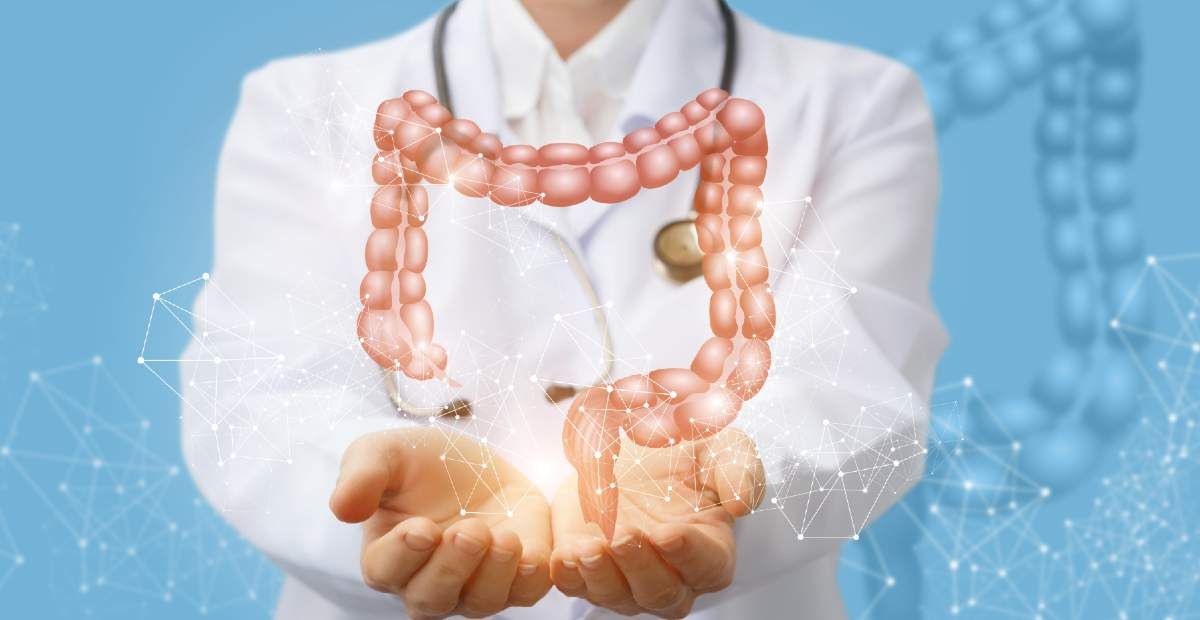It’s normal to have some worries about going through a colonoscopy prep, especially if you’ve never had a colonoscopy before and don’t know what to expect. Here are six recommendations that may help minimize discomfort and maximize the effectiveness of your colonoscopy:
#1: Prep for Prep
Don’t wait until the day you are supposed to start drinking laxatives and eating differently to read the prep instructions provided by your doctor. Read them at least a week in advance so you have time to speak with your doctor’s office with any questions, get all the supplies you need, and arrange your schedule so you can be home on prep day. Supplies you may want to get in preparation may include:
Soft toilet paper and/or wet wipes
Your preferred types of clear liquids, such as coffee, tea, gelatin (lemon, lime, or orange only), etc.
Cream or ointment for anal skin irritation
#2: Adjust Your Diet a Few Days in Advance
Starting a few days before your colonoscopy, start transitioning to smaller portions of low-fiber food, to help make the evening before go more smoothly. A few days before the examination is set to occur, transitioning to eating smaller portions of foods such as:
Soup
Eggs
Salmon
Chicken
Steamed vegetables
Smoothies
You should also avoid eating the following foods:
By choosing what you eat carefully and reducing meal sizes, the colonoscopy prep and the colonoscopy itself are likely to go easier and more smoothly.
#3: Drink It Cold
Many people find it easier to drink the colon-cleansing formula cold. It may also help to drink it through a straw. You can even add some flavoring powder (stick with lemon, lime, and orange flavors) to make it taste better. Sucking on hard candy or a lemon can be helpful afterwards as well.
#4: Stay Home & Close to the Bathroom
Once the prep is underway, bowel movements can occur suddenly, so you’ll want to stay close to the bathroom. Make sure you have the time and privacy you need beforehand so you can go through the process with as little stress as possible. Clear your schedule to clear your bowels: get a babysitter for the kids, and put books, magazines, a tablet, or something like that in the bathroom to help you pass the time. It is also a good idea to wear loose clothing.
#5: Don’t Stop the Prep Early
If you are seeing your stool starting to run clear, you may be tempted to stop drinking all of the colon-cleansing formula, but keep at it! It’s not uncommon for your stool to be liquid and lighter in color at one point and then change later. Stick with the full dose of laxatives to ensure your prep is effective and you don’t have to do it again in a month or so due to improper prep!
#6: Share Any Concerns You Have With Your Doctor
If you have any concerns or questions regarding your colonoscopy prep, share them with your doctor. Your doctor can provide you all the guidelines you need to make the most of your colonoscopy, and also make you feel less anxious about the process. For example, if you are worried about feeling hungry, your doctor can recommend some clear liquids that help make you feel full.

